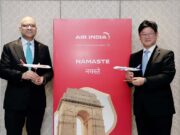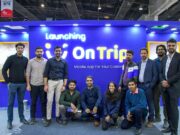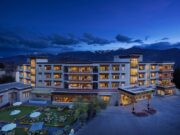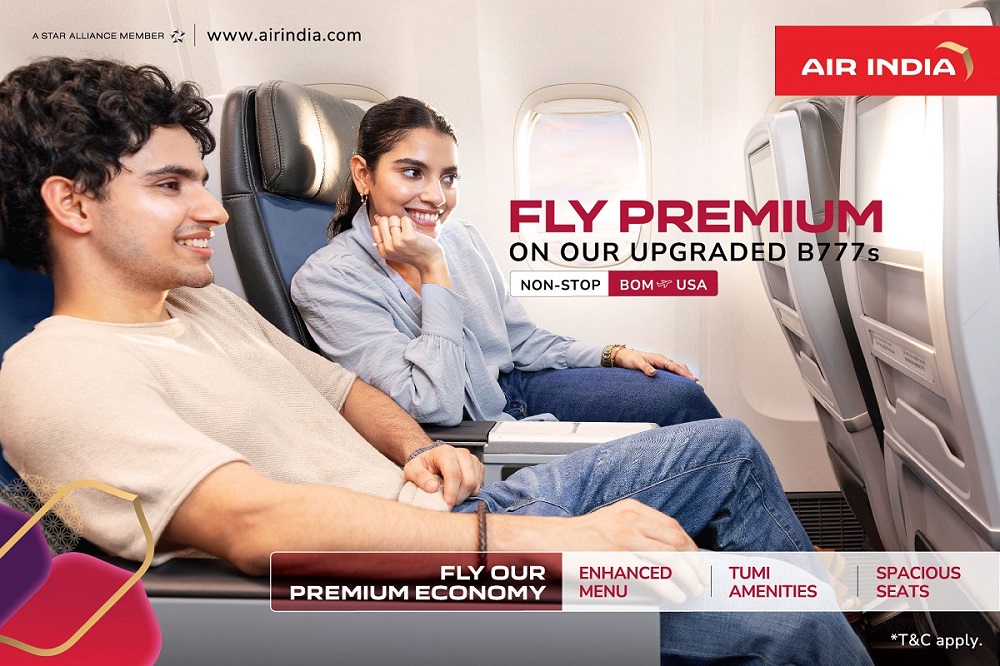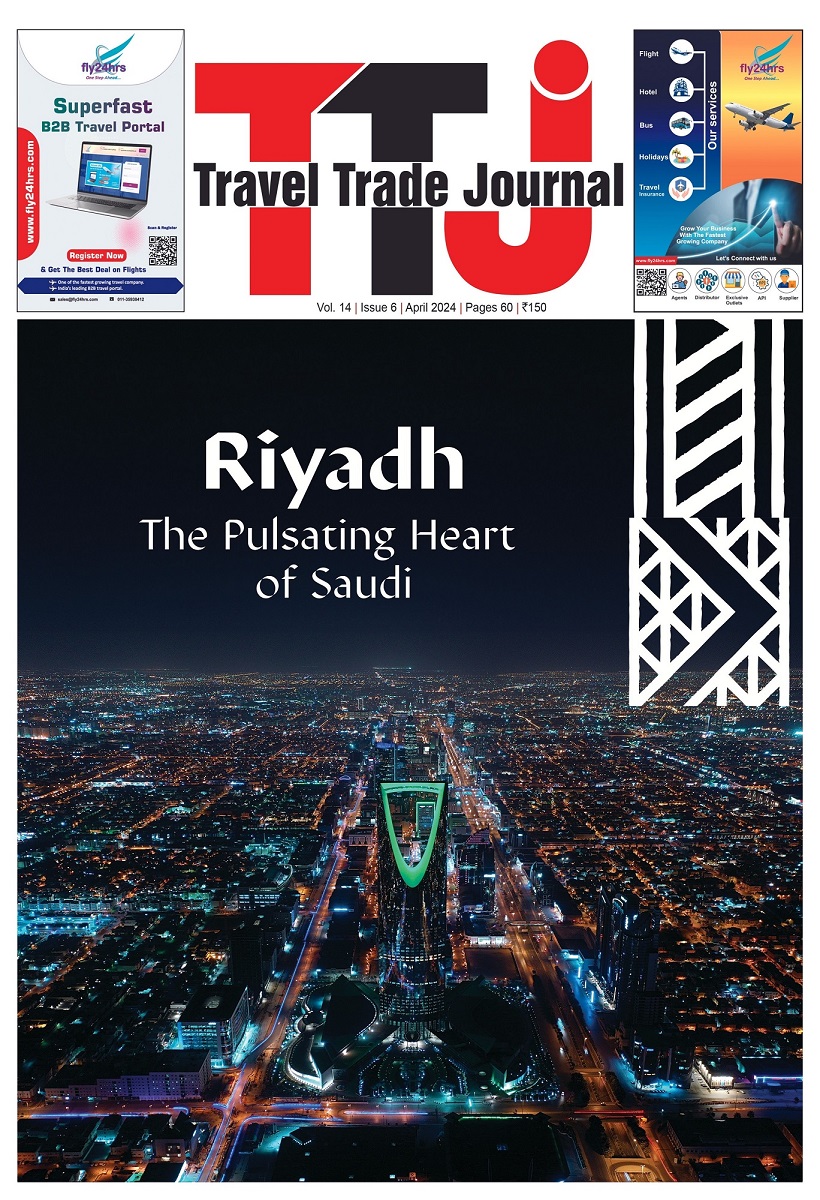An industry on a fast-track growth mode, MICE generates almost three times more revenue per capita than the leisure market. Worldwide, business travel accounts for almost 40 per cent share of the travel business, with MICE chipping in big time. India is one of the world’s top economies, with the largest consumer market and the second-highest spending, making it a natural choice for the world to converge. Although our current share of the global MICE business is less than one percent, initiatives by all stakeholders, the Ministry of Tourism Government of India, and ICPB are targeting to take it to three per cent by 2030. To better understand the existing and future dynamics of the industry, TTJ met with Amaresh Tiwari, Vice Chairman, ICPB, and Director – Meetings and Incentives World.
– Gurjit Singh Ahuja
Despite the travel industry’s slump over the last two years, the MICE industry was swift on its feet to re-evaluate the situation at hand and reinvent itself. Though physical meetings and travel almost came to a standstill for some time, global conferences, events, and exhibitions had to be put off for the first time in many decades. However, the world had to be on the move, as all breaks cannot be pulled simultaneously. Work is central to human nature and existence. Work generates activity and lockdown or not, work from the home model was soon in place, and so did come along Virtual-Conferencing and meetings! Then how far could the world of virtual conventions and exhibitions be?
Amaresh shares, “The last two years were very difficult for the industry but the PCO, ICPB members, the meeting planners, event organisers, were fairly busy, conducting virtual events and hybrid events, as innovation is the key. many inbound operators branched out into domestic business in the absence of the traditional inbound business, innovating and using their expertise for the domestic market.”
He further adds, “We began creating hybrid models. The ICPB-CIC, which was held at Delhi, Bangalore, and Greater Noida, was a combination of physical and virtual meetings. Also, ITM for FAITH, which I co-chaired, was held virtually and was a success, with over 100 inbound operators in participation, 272 foreign buyers and tour operators, and close to 3000 meetings in three days.”
As the world opens up, things have started looking better for the MICE industry. Even so, events like the impending, uncertain, fourth wave of COVID, the Russia-Ukraine conflict, and a few pockets like Hong Kong, China, and countries where COVID is still a challenge, holding back the playing field of MICE operators. So, Amaresh and his team at ‘Meetings and Incentives World’ innovated and focused on the GCC countries due to their track record in managing COVID and safety precautions and norms. This resulted in them organising the ‘The International Fire Operation Congress-2022’ in February in Riyadh with Saudi Aramco as a partner. The Global Health, Safety, and Environment Conference & Exhibition, which will be held at the Oman Convention & Exhibition Centre in Muscat in 2022, is the next event on the schedule.
India is home turf for the Meetings and Incentives World. The Global Organic Expo, to be held at the Indian Agricultural Institute in New Delhi in May, is the next mega event. Amaresh anticipates around 1000 exhibitors and 3000 registered delegates. Also, in July 2022, the GDEC-Global Destinations Expo & Conference, Weddings & Films, a premier event, is scheduled to target the Destination Wedding and Film Shooting industry. One hundred exhibitors from India and overseas are expected, including about 600 hosted and invited buyers.
MICE movements and real-time events create a lot of activity and generate ancillary employment and spending on hotel nights, transport, tour guides, entertainment, venue, and shopping. “Virtual events cannot take away from them the real excitement of a physical event, one-to-one meetings, handshakes, eye-to-eye contact and peer group bonhomie and are in no way a replacement for the real event. Yet, they had opened up an opportunity to interact and do business when none was possible. Now it is to increase and economise the event’s footprint when combined to create a hybrid module. Technology will evolve and grow, and the MICE industry has clearly and conscientiously accepted and absorbed that into its working model for the future,” explains Amaresh.




